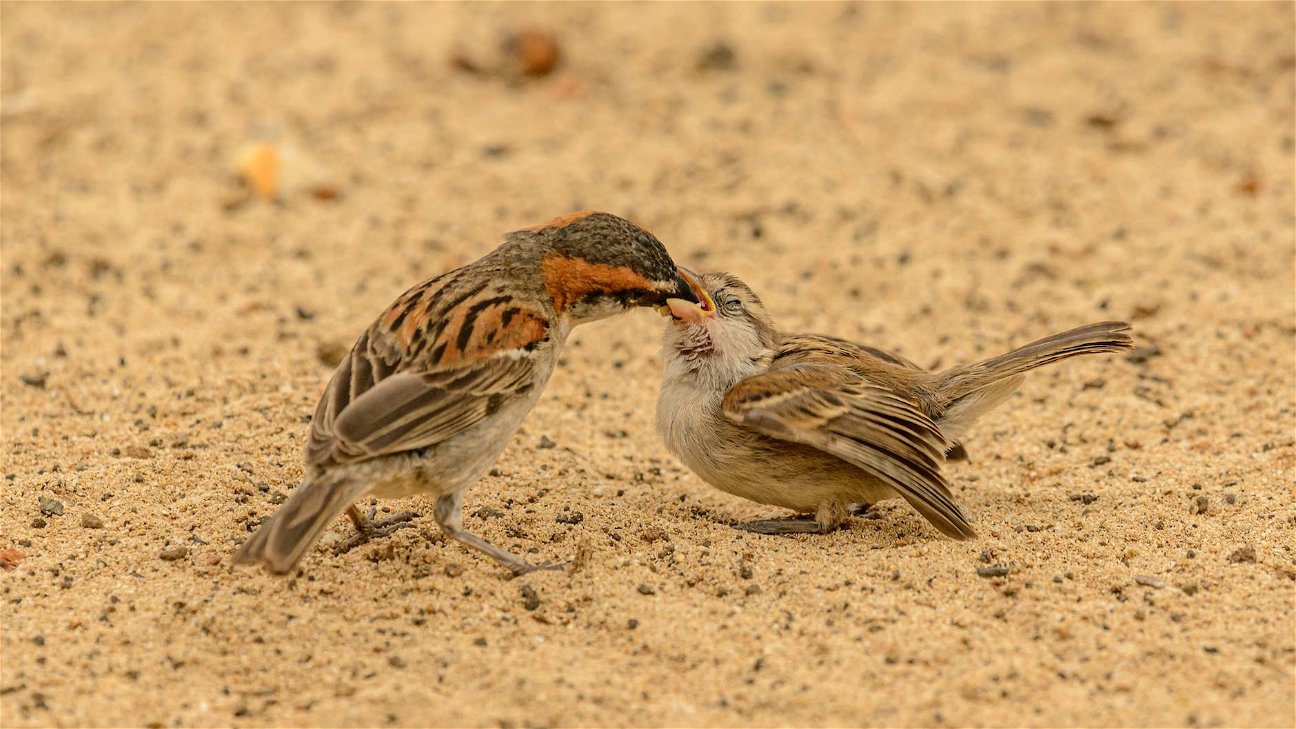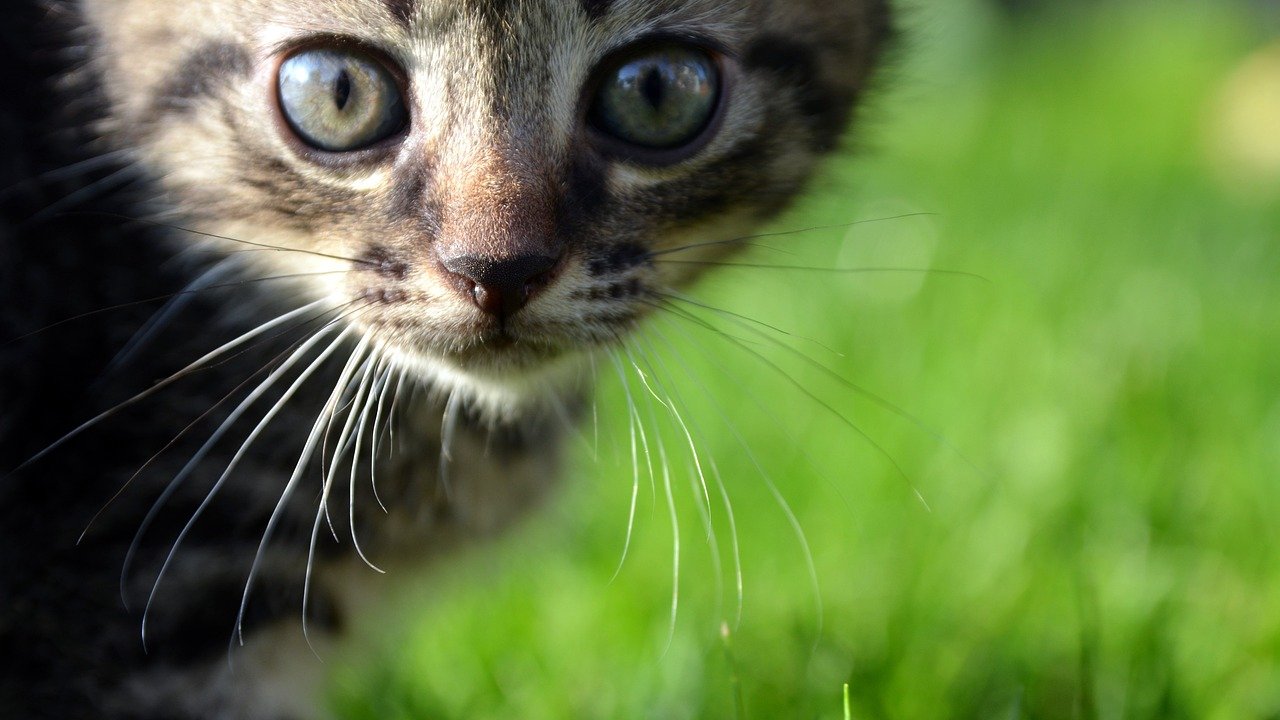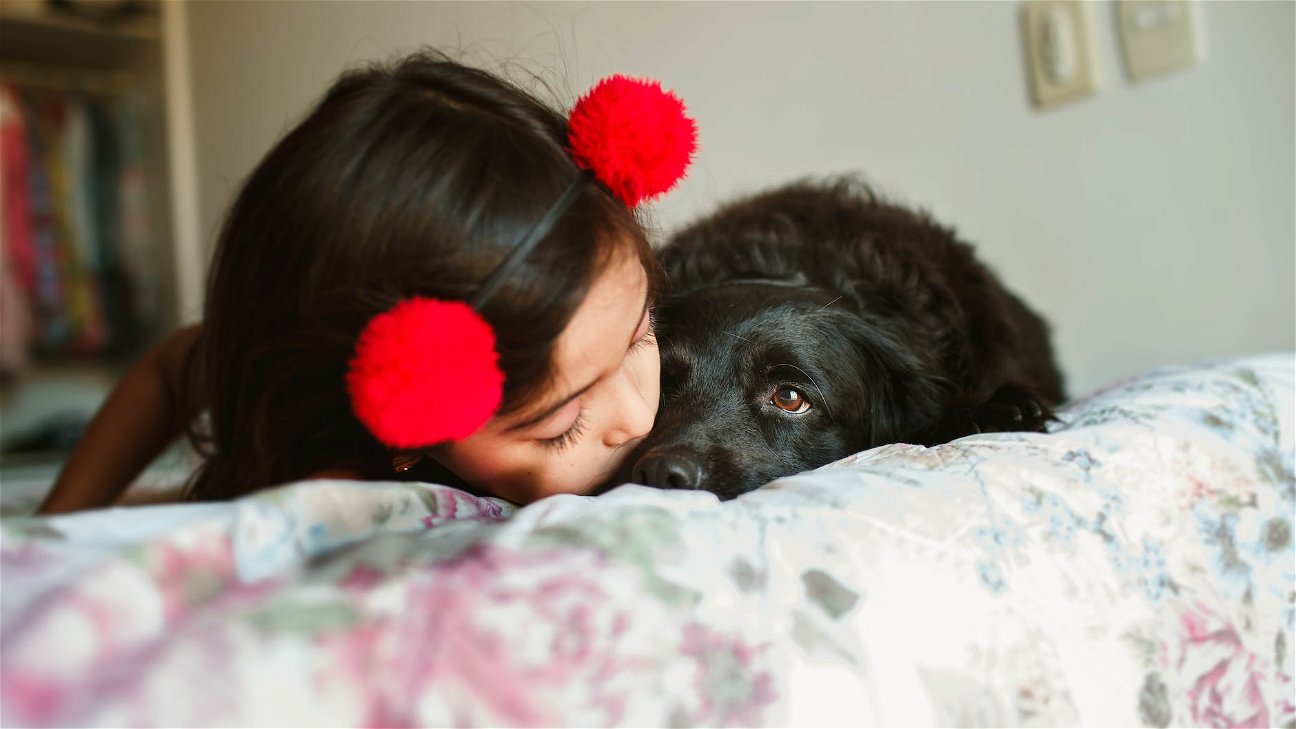
Maintaining the health and happiness of exotic birds can be quite a task for pet owners. Exotic birds are not your average pets. Their care requires a detailed understanding and commitment. Their needs are unique, and they demand a lot of attention. But with the right care tips, you can make sure your feathered friend lives a long, happy, and healthy life. Here are three essential care tips every exotic bird owner should know.
1. Providing the right environment
Exotic birds have specific environmental needs. They thrive in environments that mimic their natural habitat. So, it's crucial to make your home as bird-friendly as possible.
Choosing the right cage
The type of cage you choose for your bird can have a significant impact on their wellbeing. It should be large enough for your bird to move around freely and have plenty of perch options. Some of the factors to consider while choosing the right cage include:
- Size: The cage should be spacious enough for your bird to stretch its wings and move around comfortably.
- Material: Most bird cages are made of metal, but the quality of metal is crucial as some birds may chew on the cage. The cage should also be easy to clean.
- Location: Place the cage in a quiet, stress-free area with plenty of natural light.
Keeping the cage clean
Cleanliness is important in maintaining your bird's health. Regularly clean the cage and change the bedding to prevent the buildup of bacteria and parasites.
Maintaining the right temperature
Exotic birds are sensitive to temperature changes. Keeping your bird's environment at a consistent temperature is essential to prevent stress and health issues.
2. Providing a balanced diet
Feeding your bird a balanced diet is crucial for their health. Different species of birds have different dietary requirements. However, most exotic birds thrive on a diet of fruits, vegetables, seeds, and bird-specific pellets.
Here's a general guideline on what to feed your bird:
Remember to always provide fresh water for your bird.
3. Encouraging social interactions
Exotic birds are social creatures and thrive on interaction. Spend time with your bird daily, and allow them out of their cage under supervision. Engaging in play and training can stimulate their mind and prevent behavioral issues.
Understanding and responding to your bird's behavior is crucial. Birds can exhibit various behaviors like fluffing their feathers, bobbing their head, or screeching, each indicating different emotions or needs. A quiet and withdrawn bird may be a sign of illness or stress. If you notice any unusual behavior, it's best to consult a vet.
Investing time and effort in the care of your exotic bird can be a rewarding experience. With these care tips, you're on your way to ensuring a quality life for your feathered friend.










